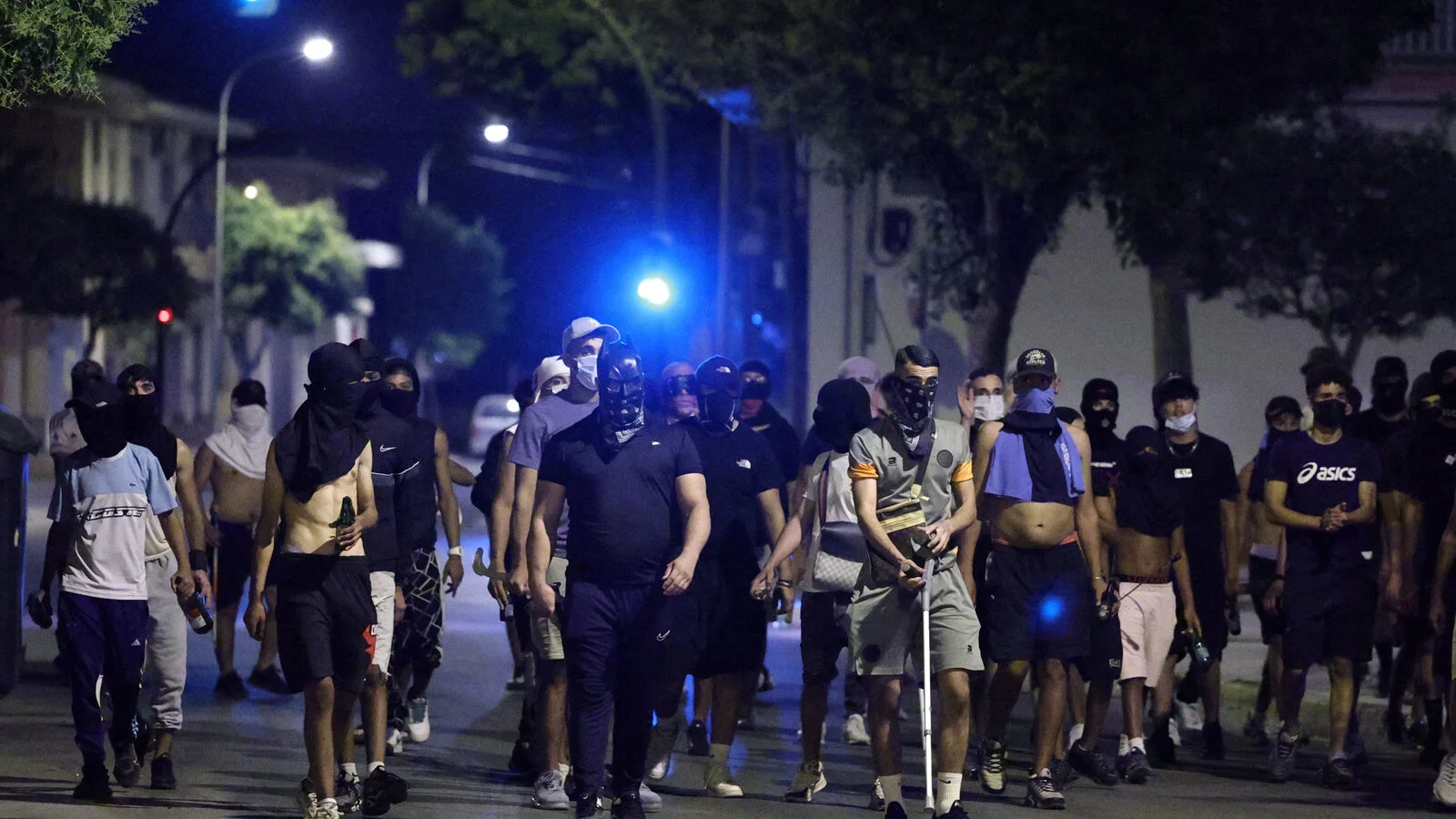Rise in Online Hate Speech Targeting North Africans in Spain
In June alone, Spain witnessed over 54,000 instances of hate speech online, with a significant majority—81%—directed at individuals from North Africa. This alarming increase was highlighted in a report by the Spanish Observatory on Racism and Xenophobia, an entity under the Ministry of Inclusion, Social Security, and Migration. The data, gathered through the FARO artificial intelligence system, reveals a growing trend that coincided with several socio-political and sporting events.
The report indicated a 12-percentage-point rise in hate messages targeting North Africans, increasing from 69% in May to 81% in June. These incidents were linked to various events, including riots following the Champions League final and the arrest of a police officer in Torrejón connected to the death of a Moroccan citizen. Such occurrences have fueled the spread of discriminatory content across social media platforms.
Nature of the Hate Speech
According to the findings, 56% of the detected content involved dehumanization, while 22% falsely associated target groups with public safety threats. Additionally, 14% of the messages explicitly called for the expulsion of these groups. Despite these alarming figures, only 29% of reported hate messages were removed by platforms, highlighting significant disparities in moderation efforts.
For instance, TikTok deleted 92% of reported content, whereas Facebook removed 40%, Instagram 23%, YouTube just 5%, and X (formerly Twitter) only 9%. These discrepancies underscore the challenges faced by social media companies in effectively combating hate speech.
Focus on Migrant Men
Another critical finding is that 95% of hostile messages were directed at migrant men. Most posts used explicitly aggressive language, while others employed coded language, emojis, or indirect expressions to evade moderation filters. The data from June 2025 confirms a troubling trend: not only has the volume of hate speech increased, but it has also become more aggressive and sophisticated in its methods of dissemination.
Throughout the year, attacks have disproportionately targeted individuals from North Africa. This group went from being the subject of 57% of hate messages in March to 81% in June, making them the primary focus of digital hostility. The evolution of hate speech formats has also been notable, with users incorporating visual content, emojis, coded terms, and even AI-generated images to bypass content moderation and enhance the spread of discriminatory messages.
Decline in Other Hostile Messages
While the presence of hostile messages targeting unaccompanied minors or Muslims has declined in recent months, the report cautions that this does not indicate a genuine improvement in the digital environment. The underlying issues of discrimination and hatred remain prevalent, albeit in different forms.
Government Response
Spain’s Minister of Inclusion, Social Security, and Migration, Elma Saiz, responded to the findings by stating, “Dehumanization, the use of violent and coded language, and incitement to expel vulnerable groups are intolerable forms of discrimination. We cannot allow hatred to become normalized in a free and democratic society like Spain.”
These findings come amid ongoing efforts by Spanish authorities to address the issue. Recently, a man was arrested for allegedly leading a far-right Telegram group called “Deport Them Now,” which openly called for “hunts” targeting Moroccan migrants in Torre Pacheco, Murcia. The arrest followed violent unrest in the town, where 13 people were detained and over 120 identified after retaliatory attacks against migrants, particularly those of Moroccan origin.
The violence in Murcia erupted after a video circulated showing an elderly man being violently attacked by three young men of North African origin, according to the victim’s account to local media. This incident further underscores the urgent need for comprehensive strategies to combat hate speech and promote inclusivity in digital spaces.







